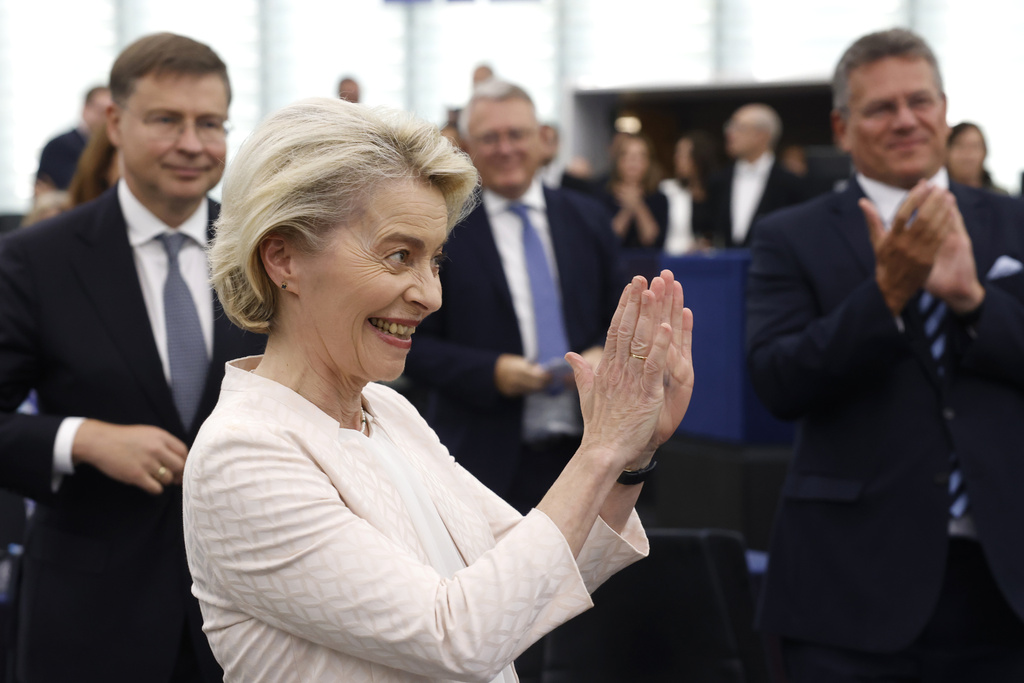In an interview with wPolityce.pl, Witold Waszczykowski, the former Polish minister of foreign affairs and a former MEP for Law and Justice Party (PiS), has expressed his strong disapproval of Ursula von der Leyen’s reelection as the head of the European Commission. Waszczykowski believes that von der Leyen’s second term will be marked by confrontational street protests due to her ambitious and, in his view, unrealistic promises.
Waszczykowski predicts that von der Leyen’s agenda will lead to protests by farmers and workers on the streets of European cities.
“Citizens will pay more and more for these ideas,” he warned, recalling the “yellow vests” movement in France and suggesting that such protests could spread across Europe. “These bureaucratic whims will not be accepted by ordinary people,” he added.
He also points to the corruption he says was inherent during von der Leyen’s term as president.
“Von der Leyen’s previous term was riddled with scandals and blunders,” Waszczykowski stated. “From the vaccine procurement scandal involving SMS messages to the Brexit debacle and the ‘Qatargate’ corruption scandal, her tenure has been far from exemplary.”
He also criticized the EU commission’s handling of the Russian aggression in 2022, arguing that the EU’s response was too slow and ineffective.
Despite these criticisms, von der Leyen secured a second term, a fact that Waszczykowski attributes to her pre-election pact with the left and the Greens.
“By promising support for the Green Deal and constitutional changes outside the Treaty, she secured a majority,” he said.
Waszczykowski also questioned why some MEPs from the European Conservatives and Reformists (ECR) supported von der Leyen. He suggested that their support stemmed from a fear of being marginalized by the majority political mainstream and a desire to maintain some influence.
“Many conservative circles in the West practice a symptom-free conservatism,” he said, “using conservative rhetoric but acting like liberals.”
The former minister believes that PiS’ current strategy is flawed and that they should have joined forces with Marine Le Pen’s Patriots for Europe to build a strong conservative bloc and negotiate changes within the EU.
As for von der Leyen’s promises and announcements during the debate, Waszczykowski compared them to the unrealistic pledges made by Donald Tusk in Poland.
“These are all pipe dreams,” he said. “The EU is being sidelined by China and the U.S. and especially by an aggressive Russia. Von der Leyen herself experienced this in Ankara when she was not even offered a chair next to President Erdoğan.”
He also anticipates that von der Leyen’s second term will further the trend towards a super state, with decisions being made at the EU level by majority vote, potentially leading to coercion and blackmail tactics similar to those used by Tusk in Poland.
“Countries, including Poland, will be afraid to leave the EU for geopolitical reasons,” Waszczykowski said, “and will be forced to accept all these eccentricities under the threat of Polexit.”
Unless significant socio-political movements emerge to oppose these changes, Waszczykowski fears that Europe will be pushed towards a future that many will find unacceptable but be unable to stop.






